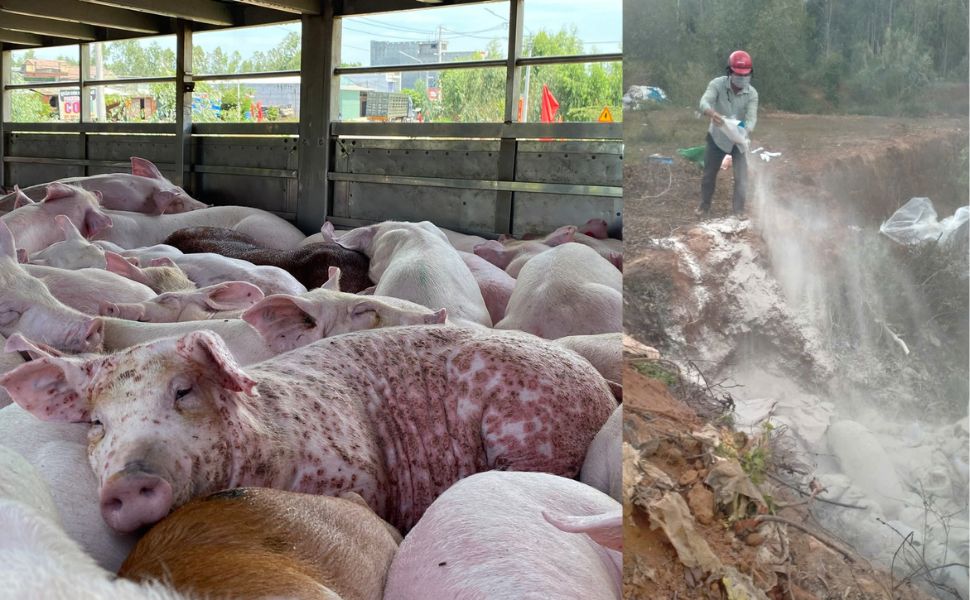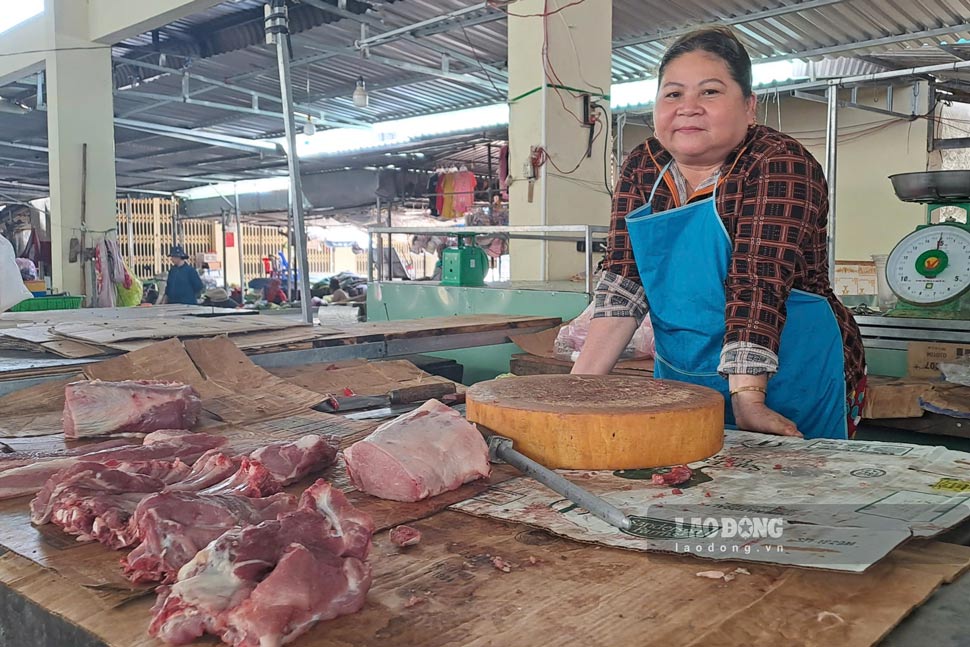9 localities are eligible to announce the end of the epidemic
From the beginning of 2025 to now, African swine fever has occurred in 34 provinces and cities across the country, with 9,972 villages in 1,246 communes recording the epidemic. The total number of pigs infected, dead and destroyed was more than 463,000.
In Gia Lai, since the end of June, the epidemic has appeared in 21 pits in 48 livestock households in 21 communes and wards, forcing the destruction of 984 pigs with a weight of more than 58 tons.

From August 16 to now, there has been no new outbreak in the province. There have been 9 communes and wards including: An Nhon Dong, Tuy Phuoc Tay, Tuy Phuoc, An Hao, Cuu An, Ia Tul, Ia Krai, Chu Se, Ia Kray that have not recorded any more outbreaks for 21 days, eligible to announce the end of the epidemic.
Although the number of outbreaks tends to decrease, due to erratic weather, the changing seasons - the western part of the province is in the rainy season, while the eastern part is hot and hot with rain - have affected the resistance of livestock, posing a potential risk of disease returning.
The epidemic has lasted for many months, causing pork stalls at traditional markets to fall into a state of stagnation, with few buyers even though the supply is still guaranteed.

Ms. Le Thi My Dung (55 years old, residing in Quy Nhon Nam ward), owner of a pork stall, said that the epidemic has caused consumer purchasing power to decrease significantly. There are also a few stalls around but they have stopped selling.
A trader at Dam market (Quy Nhon ward) shared that although the authorities have strictly controlled the quality of meat from the slaughterhouses to the kiosks, buyers are still very hesitant. "I invite customers but they all shake their heads and leave, no one dares to buy," said this trader.
Purchasing power tends to recover
In order to control the epidemic, the province continues to maintain 4 epidemic control posts on key national highways, operating until September 30: Binh De posts (National Highway 1, Hoai Nhon Bac ward), Song An posts (National Highway 19, Cuu An commune), Ia Khuol posts (National Highway 14, Ia Khuol commune) and Ia Le posts (National Highway 14, Ia Le commune).
Speaking with Lao Dong, Mr. Huynh Ngoc Diep - Head of the Department of Animal Husbandry and Veterinary Medicine of Gia Lai province - said that the unit is still closely coordinating with localities to drastically implement measures to prevent and control the epidemic.
"Currently, the situation of African swine fever in the province has been basically controlled, but it cannot be confirmed that the epidemic has ended. Therefore, the unit will continue to strengthen supervision and immediately handle outbreaks, while controlling to prevent the disease from spreading," said Mr. Diep.
According to Mr. Diep, in recent days, many localities have not experienced any new outbreaks, causing the pork consumption market in the province to recover.
"African swine fever does not spread to humans like other flu flu flu diseases. Therefore, to ensure safety, consumers should choose to buy meat at reputable establishments and stores, meat that has been slaughtered by veterinary agencies," Mr. Diep recommended.
Due to not fully understanding the epidemic, many people who hear the information in one way are confused, even tend to " boycott". However, the African swine fever virus will die at 70°C.
"Even if you accidentally eat meat suspected of being infected, if cooked thoroughly, it is completely harmless. I still eat pork here every day, there is no problem," Mr. Diep shared.











